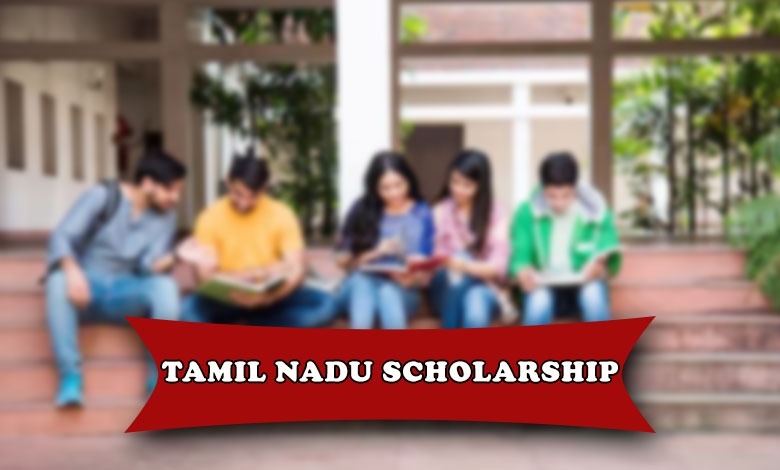Tamil Nadu Rural Students Demand Increase in TRUST Scholarship Amount
Tamil Nadu rural students and parents demand an increase in the ₹1,000 annual TRUST scholarship. Learn about their concerns, program challenges, and calls for reforms to support education and empower rural students.

Chennai: Parents and educators in Tamil Nadu are calling for a substantial increase in the scholarship amount provided under the Tamil Nadu Rural Students Talent Search (TRUST) program.
This initiative, which aims to encourage rural students to complete their education, is under scrutiny for its limited financial incentives and inadequate preparation resources.
Table of Contents
The TRUST Scholarship Program: An Overview
Introduced in 1991 by the Tamil Nadu government in collaboration with the School Education Department and Rural Development, the TRUST exam supports rural students in continuing their school education.
Key features of the program include:
- Eligibility: Students in Class 9 whose parents earn less than ₹1 lakh annually.
- Scholarship Amount: ₹1,000 per year for four consecutive years, up to Class 12.
- Subjects Covered: Mathematics, science, social studies, and mental ability, with application-based questions derived from the Class 8 syllabus.
- Current Beneficiaries: In the 2023-24 academic year, 4,130 students were awarded scholarships.
Despite its noble intent, stakeholders argue that the program needs urgent reforms to make it more impactful.
Criticism of the Scholarship Amount
One of the primary concerns is the meager ₹1,000 annual scholarship, which many feel is insufficient to motivate students.
Rajarathinam, the parent of a Class 9 student, stated:
“Without proper incentives, students are not motivated to study for the exam. ₹1,000 per year hardly qualifies as a scholarship.”
Similarly, M.K. Ushakumari from Erode added:
“Students lack the enthusiasm to write the exam because the annual scholarship amount is too small.”
Comparisons are being drawn with the National Means-cum-Merit Scholarship (NMMS) program, which provides ₹1,000 per month for four years to students from families earning less than ₹3.5 lakh annually.
Challenges Faced by Students and Teachers
The TRUST program faces additional criticism for its lack of adequate resources and preparation materials.
Outdated Study Resources
- Tamil-medium students receive outdated PDFs for exam preparation.
- English-medium students lack reference materials altogether.
Limited Access to Technology
Many students from low-income families struggle to access smartphones and the Internet, further hampering their preparation efforts.
Complex Exam Questions
Teachers have pointed out that while algebra is introduced in Class 8, the TRUST exam often includes complex questions that go beyond the standard curriculum.
Palaniappan Rajagopal, a mathematics teacher in Nagercoil, stated:
“Relying solely on outdated question papers is insufficient for students to tackle the challenging questions in the exam.”
Also Read | Heavy Rains Lash Tamil Nadu: Schools Shut Across Several Districts
Calls for Reform and Increased Budget Allocation
Parents, teachers, and stakeholders are urging the government to:
- Increase the Scholarship Amount: Align it with other national programs like NMMS to make it more appealing and supportive.
- Modernize Study Resources: Provide updated materials in both Tamil and English mediums.
- Conduct Special Training Sessions: Organize workshops and additional classes to help students prepare effectively.
- Enhance Accessibility: Address the digital divide by offering offline resources for students lacking Internet access.
Decline in Performance
Concerns have also been raised about a drop in the number of students scoring above 50 marks out of 100 in the TRUST exam compared to previous years. Experts believe this decline is directly linked to inadequate preparation resources and a lack of motivation due to the low scholarship amount.
The Way Forward
Despite its flaws, the TRUST program remains a valuable initiative tailored specifically for Tamil Nadu’s rural students. Its application-based approach tests reasoning and comprehension skills, which are crucial for overall academic growth.
To maximize its impact, experts suggest:
- Raising Awareness: Informing rural communities about the benefits of the program.
- Increased Funding: Allocating more resources to improve the scholarship amount and training infrastructure.
- Regular Updates: Ensuring the syllabus and study materials are relevant and up-to-date
